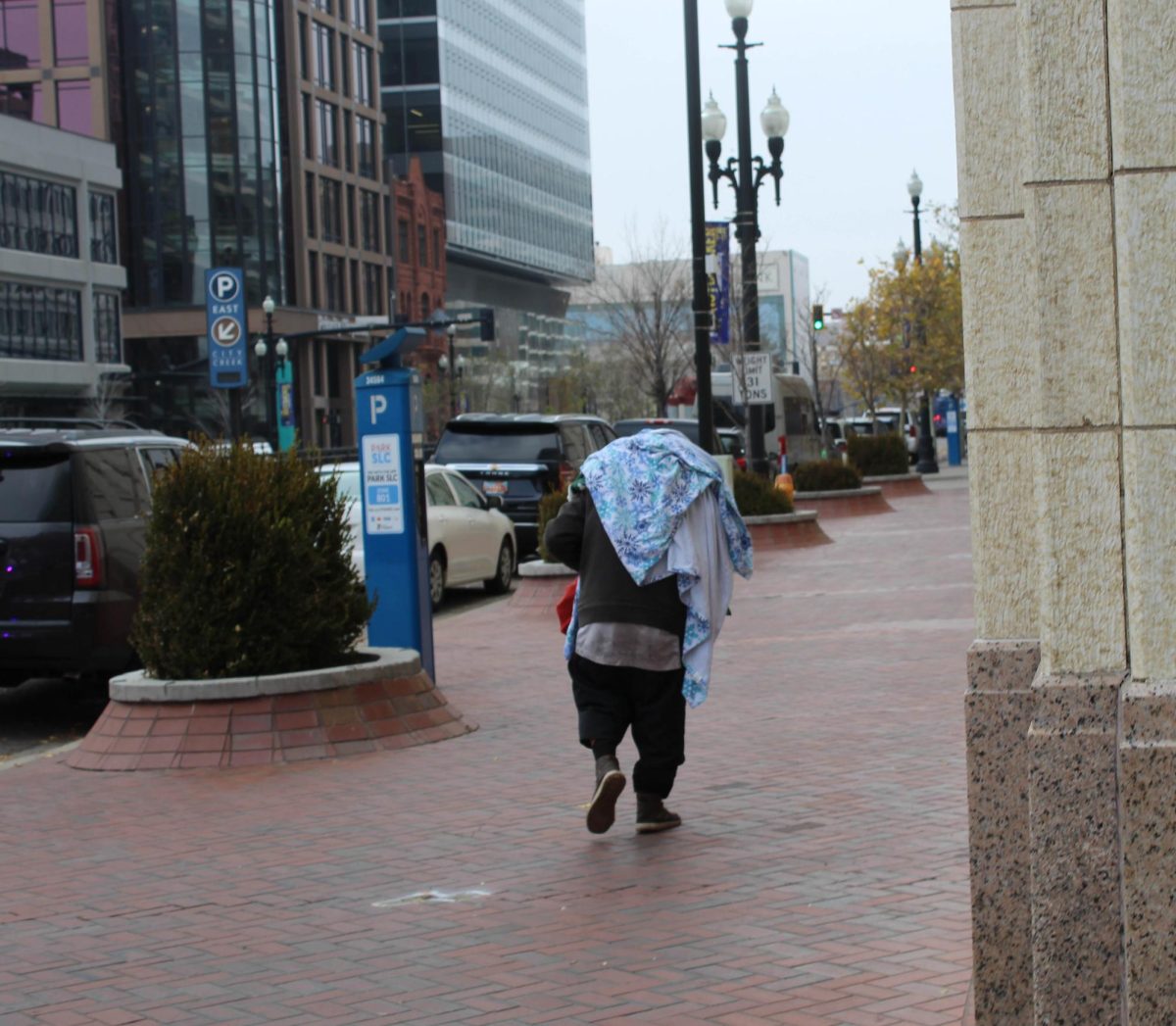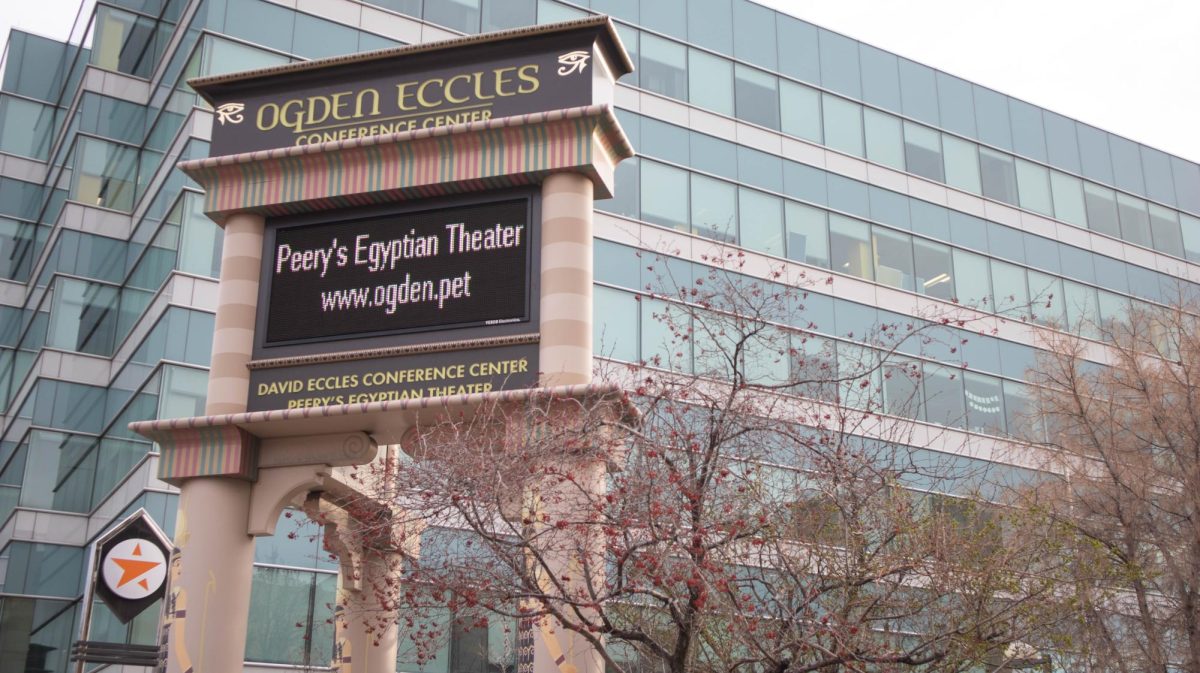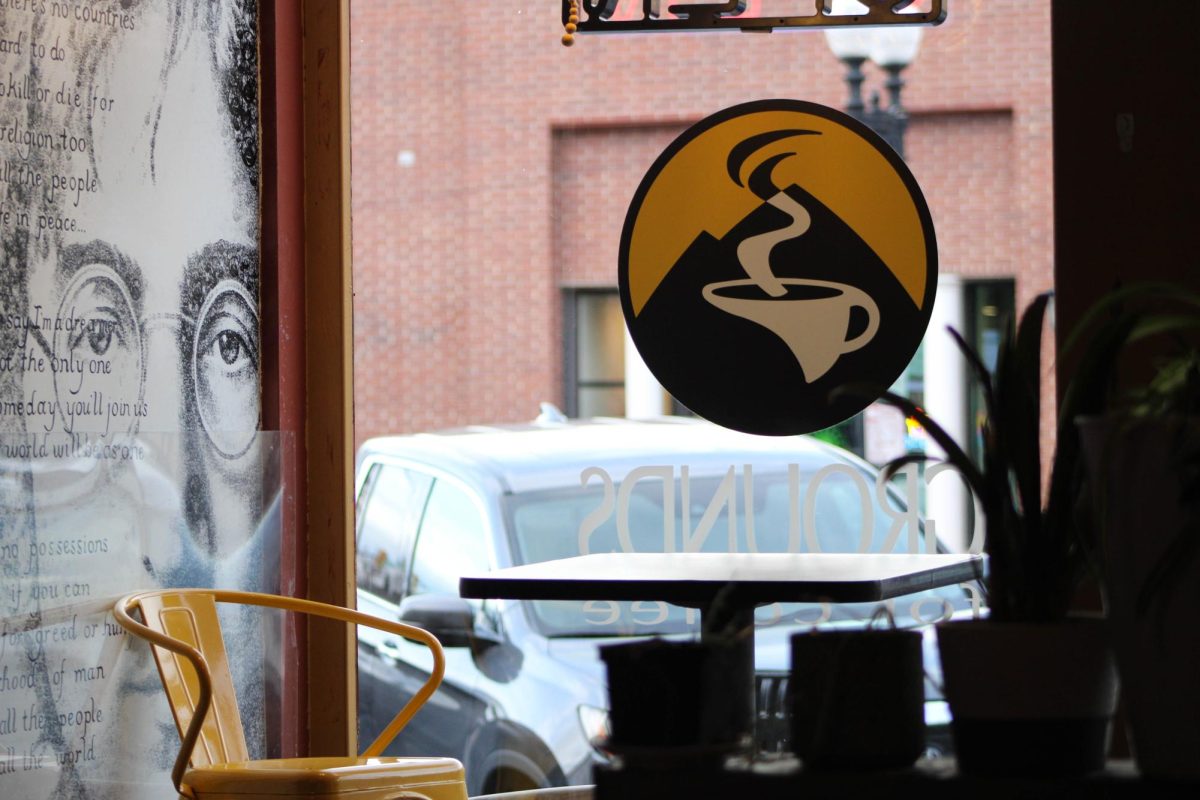
Weber State University student Isaac Farley recently started a non-profit project designed to give hope and employment to members of the homeless community in Ogden.
Farley, who grew up in a family that often struggled financially, decided to start a food canning company as part of his entrepreneurship studies. Using donated goods close to expiration and deemed unsellable by retailers, Farley and his team create canned and baked goods for sale on farmer’s markets.
O-Town Kitchen is indeed more than an average soup kitchen.
Instead of stew and bread, the shelves at O-Town Kitchen are filled with food like pineapple, root beer and lime jams. The products are exotic enough to spark the interest of buyers, who then bring in the necessary revenue to pay employees.
“We’ve been amazingly well received,” Farley said. “Ogden is a fantastic community, and I could never imagine doing this anywhere else.”
Aside from the small leadership team consisting of WSU students, Farley hires homeless community members to give them jobs and a source of income.
All of his homeless employees are parents, many of whom have run away from abusive living conditions with their children. According to the research that inspired the concept behind O-Town Kitchen, this demographic makes up almost half of Utah’s total homeless population.
“The most rewarding part is working with moms who are in tough situations, like my own family was,” Farley said. “I’m doing everything I can to help families who suffer under the same economic challenges that my family did.”
According to Farley, the ultimate goal of the non-profit initiative is to teach skills to employees that will then help them transition into stable, long-term employment.

But homelessness isn’t the only problem addressed by O-Town Kitchen.
Every year, some $160 billion worth of food is thrown away throughout the United States — a value about twice as large as all assets owned by Bill Gates, currently the wealthiest American.
Using products that no longer qualify for first-hand sales, O-Town Kitchen aims to contribute to efforts reducing this waste of food. So far, more than 500 pounds of canned and baked goods have been produced.
Farley credits his success to the principles of building a sustainable business that he learned in WSU’s Hall Global Entrepreneurship Center. He said he came up with the idea for O-Town Kitchen a long time ago but wouldn’t have pursued it without the help of his classmates.
But Farley wants to do even more than just help members of a disadvantaged group. He wants to inspire.
“I want people to feel motivated to make a difference here, in their own backyard,” Farley said. “We don’t have to sit idly by and let the problems that are here keep going. We can make a difference.”



















